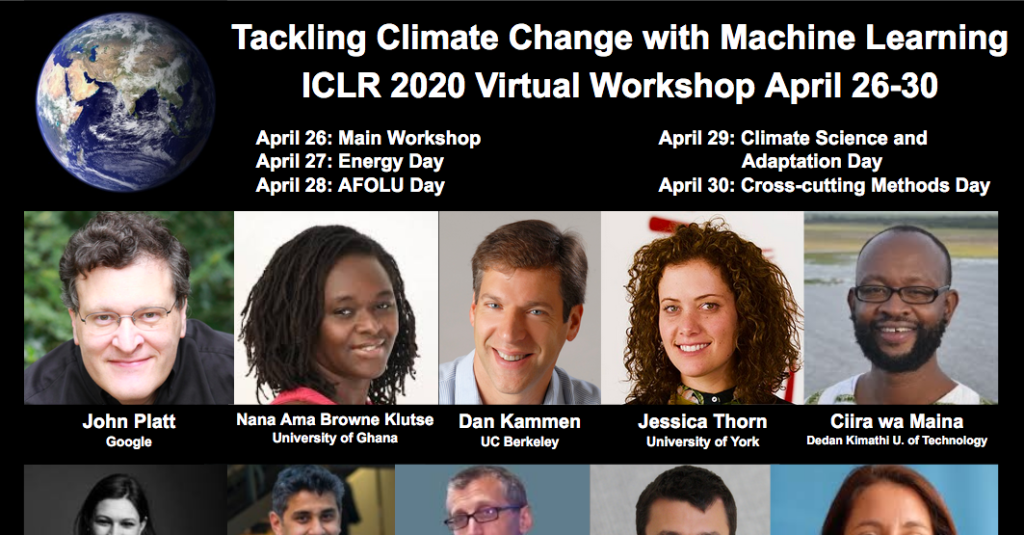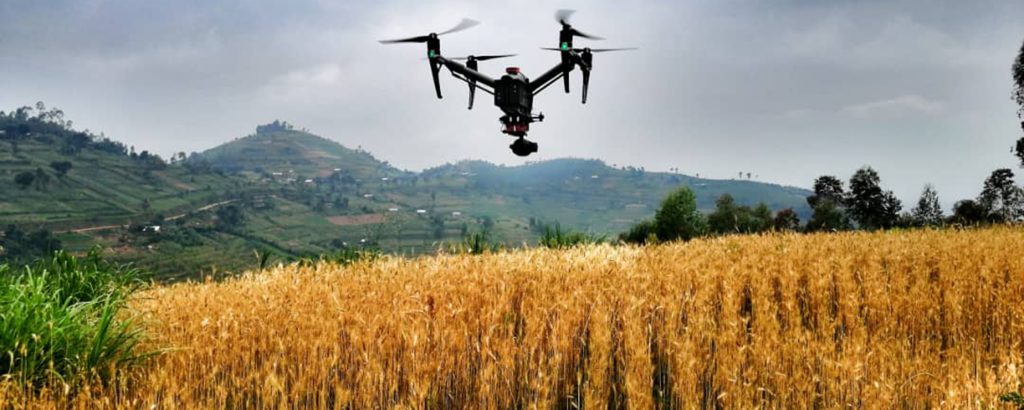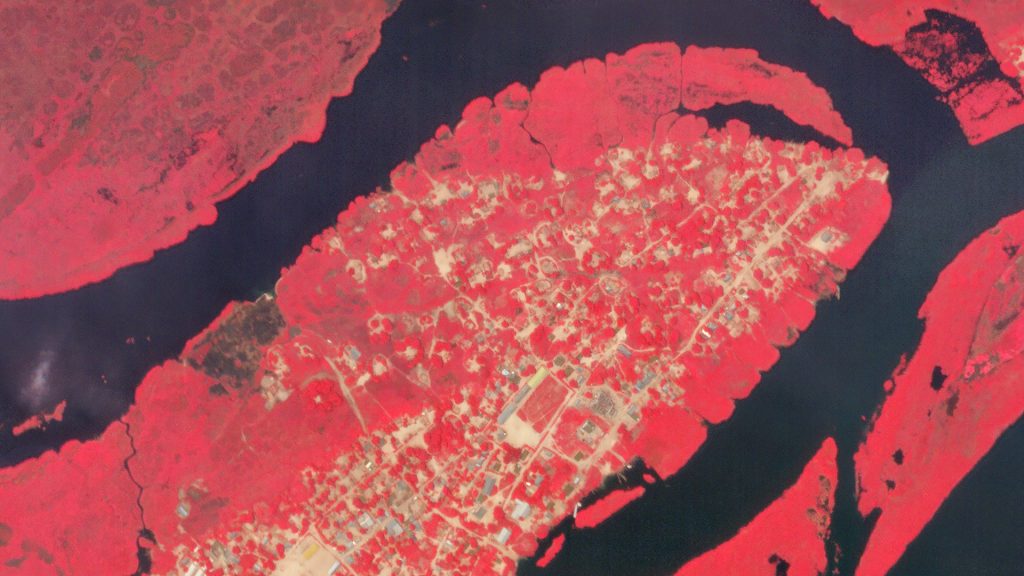Distribution of Climate Change Solutions

A benefit of using AI methods in climate change solutions is that the potential for remote collection of data and analysis in the cloud allows for far-reaching geographic applications of solutions. AI can be used to help vulnerable groups adapt to the changing climate by identifying settlements in satellite data and subsequently communicating their risk from a changing climate; as well as remote monitoring of natural disasters in real time for aid relief.



